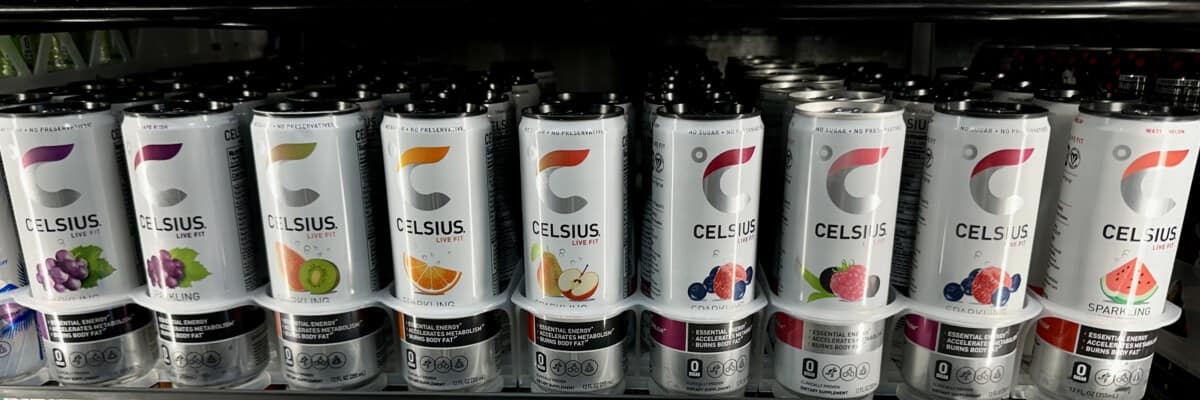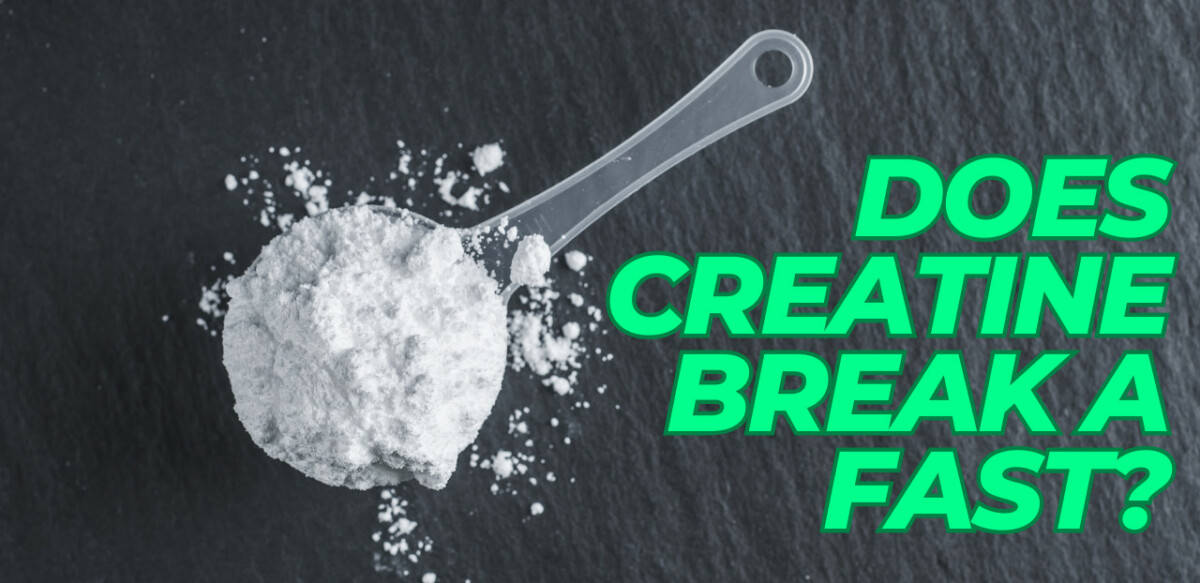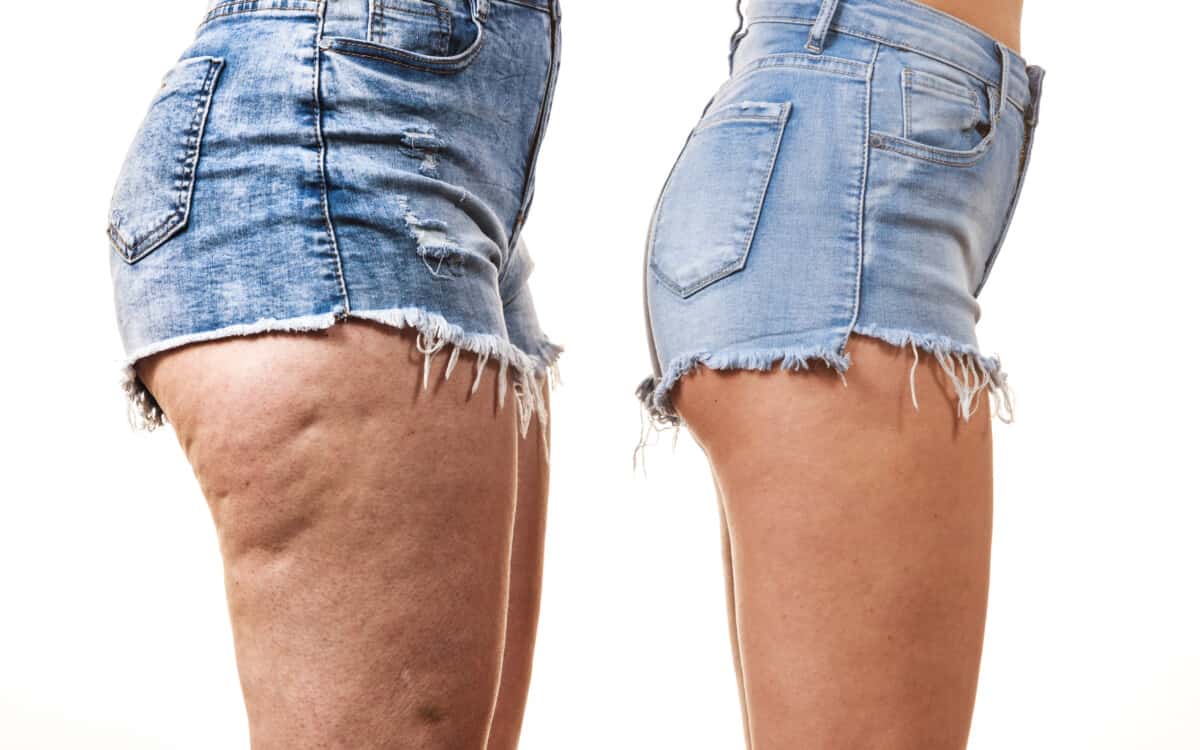There is a lot of controversy about why tilapia is bad for you. Some people are adamantly against eating tilapia by all means while others say it’s a perfectly good food for you to eat all the time.
Maybe you were about to do your weekly grocery run which included tilapia until you found out it might not be good for you. I used to eat tilapia all the time since it was a cheap, lower-calorie and higher protein fish.
But there are some very important details you should first know about before you eat any more tilapia fish. It could very well change what you think about eating this fish all the time.
I know with all the rumors out there it can feel a little confusing trying to figure out why people say tilapia isn’t a good fish to eat. Here I’ll break down for you simply what makes it so bad but it’s not the worst thing for you to eat.
Why You Should Never Eat Tilapia
When I was in broke college student I would make the best use of my Costco membership to buy tilapia by the boatload. I heard from others at the gym that it was a good cheap source of protein that help you lose fat. But they didn’t tell me the whole story…
Turns out all the tilapia you’re eating is farmed. Now growing up as a kid I thought to eat farmed fish was perfectly healthy for me but there are some warnings to eating it that you should first know about.
A 2008 Wake Forest University study created a lot of controversy by declaring it was healthier to eat bacon than it is to eat tilapia (1). This was because the farming process of tilapia leaves this fish with a high content of omega-6 fatty acids.
Now, omega-6 fatty acids on their own aren’t bad for you. Your body needs them which is why they’re called ‘essential’ fatty acids. But with many modern diets, the vast majority of people are consuming way too many of these omega-6 fats (2). This throws off the delicate balance of omega-6 to omega-3 fatty acids. Studies have found this imbalance can lead to chronic inflammation and serious health conditions such as obesity, heart disease, and cancer (3,4,5,6).
The omega-6 to omega-3 fatty acids ratio in foreign farmed fish can be astronomically high going up to 17:1. Many studies have found farmed fish to be much higher in omega-6 fatty acids which can compound the negative effects of already eating too many omega-6s (7). This is why I recommend taking an omega-3 fatty acids krill oil or fish oil supplement regularly.
Now let’s get into why the farming process for fish can turn them into a less desirable type of fish.
Is Tilapia a Real Fish or Is It Genetically Engineered?
One of the rumors running amok on the internet was that tilapia was a complete man-made laboratory fish. Now, this isn’t the total truth since tilapia has been well documented since the ancient Egyptian pharaoh days.
But with the farming process, you can fully expect those growing the tilapia to have genetically modified them to improve their size and lifespan (8). Male tilapia are naturally bigger and grow faster than females so it makes sense for the farmers to have all males to increase their profits.
Tilapia fish are born genderless but farmers add the hormone methyltestosterone to their diets to ensure they’ll turn male (9). Early research has found this hormone doesn’t make it into the fish meat by the time of consumption but many researchers are fearful on the derivatives of this steroid (10). And a newer study found methyl testosterone to cause malformations in embryos of fish (11). In the end it’s not something I’m going to want to put into my body if I can avoid it.
Now the farming system does have some positives such as being better for the environment. Since consumable tilapia is farmed it’s a very sustainable fish (12). So nobody has to worry about damage to the ecosystem caused by overfishing. And even the FDA lists tilapia as a “Best Choice” fish (13) and contains low levels of mercury (14).
Yet the main reason why tilapia is so high in omega-6s is the artificial diet they’re fed. Tilapia farming involves feeding them a grain and soy-based diet to maximize their size in the shortest amount of time. Wild tilapia naturally fed on algae but adding this artificial corn and soy diet drastically alters their omega fatty acid profile. Plus if you’ve ever eaten a wild tilapia it probably had a “muddy” taste. This is from them eating their natural diet but with this artificial diet, the “muddy” flavor goes away (making it more marketable).
It might be of some concern too that farmed fish are regularly fed animal waste (poop). Below is an infamous episode of Dirty Jobs finding farmed tilapia and cod were fed animal waste. Fish farmers often add this animal waste to their ponds to help fertilize algae. But to be in all fairness a lot of animals we eat do end up eating some of their poop (chickens and pigs) but something about them being fed it regularly just sounds disgusting.
Many people are against eating bottom feeders and I try to limit my consumption of them too. Now tilapia technically aren’t bottom feeders since they prefer to feed around mid-level. But they will go down to the bottom to feed on sludge if they’re hungry. Of course, eating bottom feeders isn’t necessarily not good for you (do you eat lobster and crab?) but the thought is still kinda gross.
Much of the cheap farmed tilapia you’ll find are from Asia where they, unfortunately, have very little oversight or regulation from government authority on quality. This lower level of environmental, health and animal regulation can mean more pathogens ending up in the foods you buy from there. In 2009 testing found illegal antibiotics were being used on fish from China (15). For this reason, if you are going to eat farmed tilapia then I’d only buy locally in the United States.
Benefits of Tilapia

In all fairness, I thought I’d also tell you about some of the benefits of tilapia too instead of bashing it the whole time.
If you’re looking to lose weight then tilapia can help at least in the short run. It’s lower in calories and carbs but high in protein. Eating a higher protein diet has been found to enhance weight loss and satiety (feelings of being full) (16,17).
The biggest benefit for most people too is that it’s dirt cheap compared to many other store-bought fish. So if you’re living on a very strict budget then having some tilapia here and there will probably be better than eating a $5 pizza from Little Caesars.
Plus since tilapia is farmed it’ll be virtually uncontaminated with mercury. So if you’re pregnant or nursing eating tilapia could be a better option than eating a lot of tuna. Plus it is a much more sustainable fish on the ecosystem than other fish.
Should You Stop Eating Tilapia
Tilapia farming usually involves keeping them in stagnant ponds and kept in very densely populated conditions. They’re constantly given antibiotics and pesticides to live longer so one bad fish doesn’t end up ruining the whole pot.
Studies have found farmed raised fish also have a much higher concentration of PCBs (Polychlorinated biphenyls) and dioxins (18,19,20). Farmed fish can accumulate these toxic PCBs and dioxins from their feed and run-off of nearby pollution. PCBs are man-made chemicals and have been linked to cancer in numerous studies (21). If you are going to eat farmed tilapia then it’s a good idea to not fry it as other methods like grilling, baking and broiling could help eliminate some of these PCBs (22).
Tilapia has a high omega-6 content too which in the long run is very bad for your health and waistline. So even if it’s a cheap source of protein I’d prefer to go for other fish sources such as wild-caught salmon, cod, Alaskan pollock, and sardines. You can see my full list of the best fish for weight loss here.
If you are going to eat tilapia then I’d stay away from those farmed in China and Asia. China is the biggest producer of tilapia and most of the rest of the production is in Asia (more than 70%). They have very few restrictions and regulations on the farming of fish over there. So even though you might save a few bucks on tilapia from China and Asia it might not be the best for your health. If you have to buy it get it those locally farmed in the United States.
The Last Word
So is tilapia bad for you?
At the end of the day, I can’t recommend eating large amounts of tilapia on the regular. I know this popular fish is a cheap source of lean meat but in the long run, it could have a negative impact on your health.
Sure, it won’t give you mercury poisoning like consuming large amounts of other kinds of fish but can lead to other health issues.
With that said that doesn’t mean eating tilapia isn’t going to kill you if you eat it here and there. I’m sure you’ll be fine eating it in small amounts once in a while.
Now I personally highly restrict the amount of tilapia I eat. But I have to admit if a close friend invited me over to their house for dinner and served tilapia I wouldn’t pick up my plate and throw it against the wall.
So even though tilapia is a much more sustainable fish for the marine ecosystem I don’t think it’s worth putting in your body all the time. There are better sources of protein and fish you can put into your body without the risk.
So is eating tilapia bad for you? All I can say is I wouldn’t eat it all the time (at least by the boatload like I used to do).
Josh holds a Bachelor’s degree in Exercise Physiology and Nutrition Science. He’s a Certified Strength and Conditioning Specialist (CSCS) by the National Strength and Conditioning Association and he’s a Certified Personal Trainer (CPT) by American Council on Exercise. He’s worked as a Strength and Conditioning Coach at the high school and college levels. He has over 15 years of experience as a personal trainer and nutrition coach. He strives to bring inspiration and results for people to live healthier lives through smart diet and exercise.










